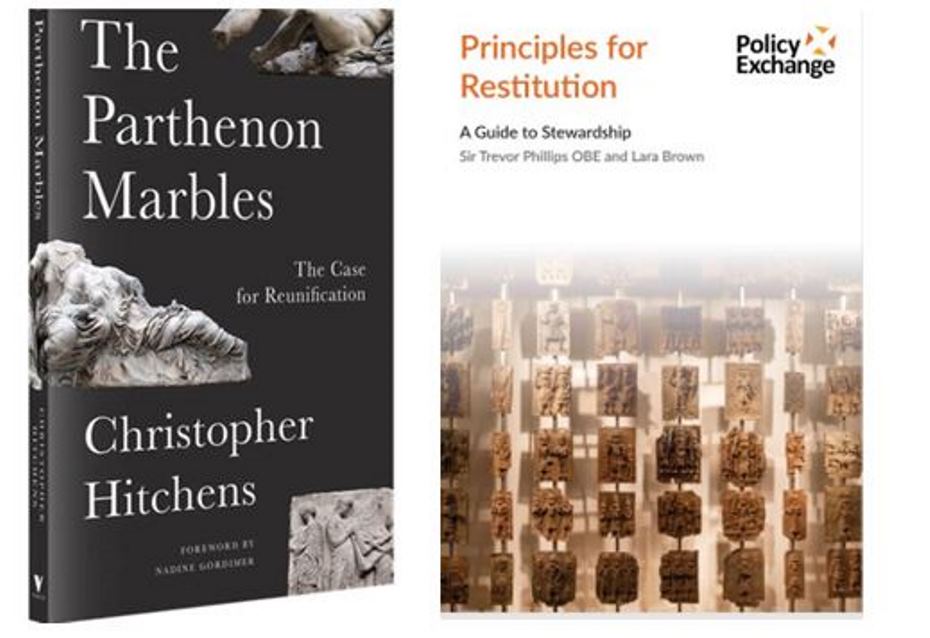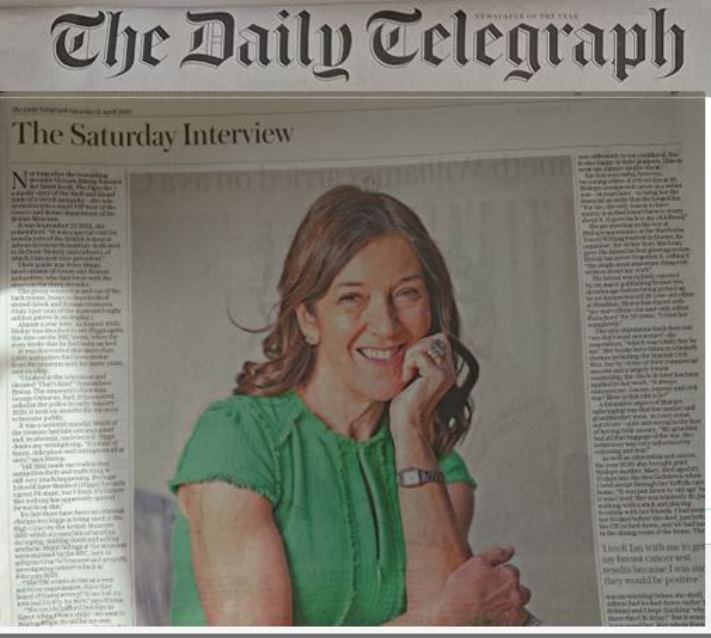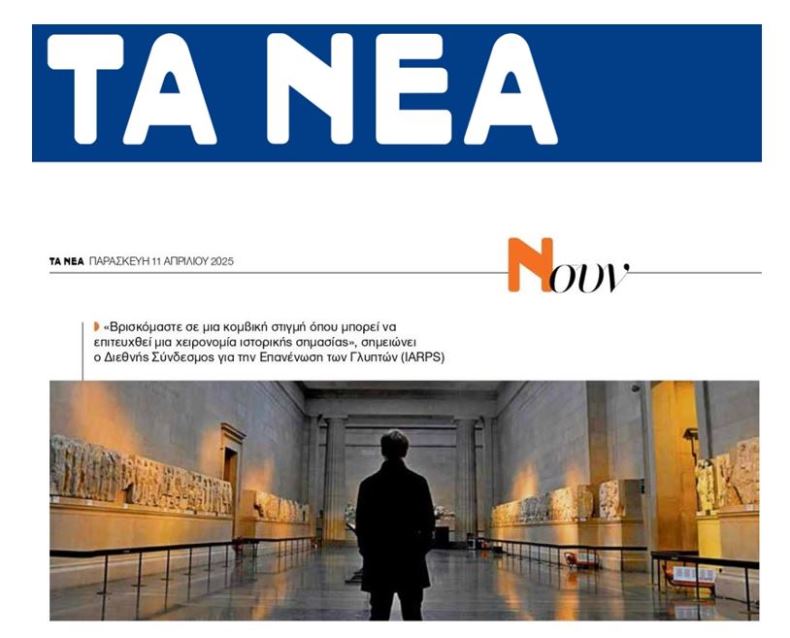THE multi-millionaire founder of easyJet, Stelios Haji-Ioannou, is set to launch a personal campaign for the reuniting of the Elgin marbles.
The controversial marble sculptures, which have been at the centre of a diplomatic dispute between Britain and Greece for decades, are split between the British Museum in London and the New Acropolis Museum in Athens.
However, the Greek-Cypriot entrepreneur will take out full-page adverts in a number of British newspapers this week to argue the case for keeping the artworks in a single collection.

An open letter reads: "I think the time has come for the curators of the two museums to come to have a constructive dialogue.
"Away from the politics and name-calling, I feel there is now a win-win situation for both museums in the form of a cultural exchange. Therefore, art lovers worldwide might get the once-in-a-lifetime chance to see these masterpieces reunited."
As part of his campaign, Haji-Ioannou also plans to arrange for a ship to sail around Greece later in the year with the words 'Reunite the Parthenon Marbles' emblazoned on it.
The marbles adorned the interior of the Ancient Greek Parthenon in Athens, but a significant number were taken by Fife-born Thomas Bruce, the 7th Earl of Elgin, in 1801.
Although the removal was controversial even at the time, and was attacked by many of his contemporaries in Britain, the marbles were purchased in 1816 by the British Museum, where they remain to this day.
A new museum to house the remaining marbles has been built in Athens, just 280m from the Parthenon, and many feel that the Elgin marbles should now be returned to Greece.
The full article contains 291 words and appears in Scotland On Sunday newspaper.
* Last Updated: 14 June 2008 7:34 PM
* Source: Scotland On Sunday




